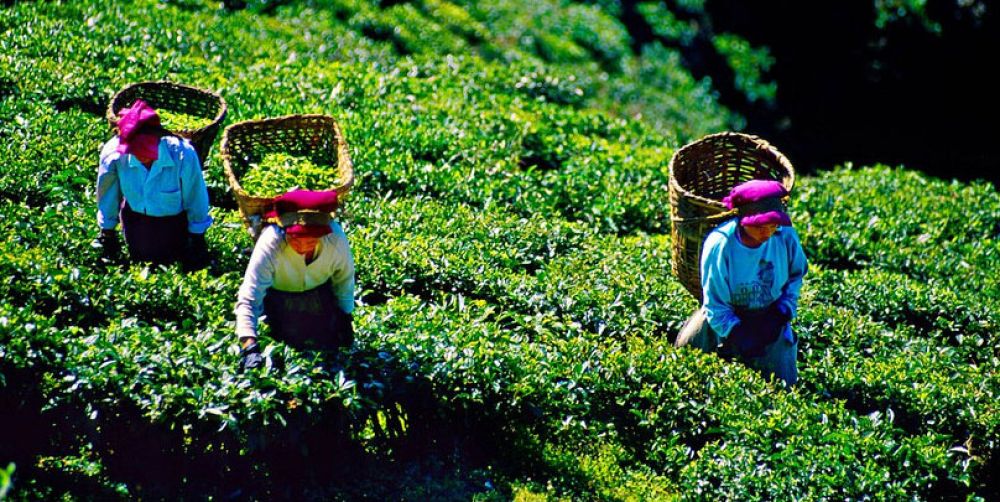

Nestled amidst the rolling hills and lush greenery of Darjeeling, West Bengal, the Happy Valley Tea Estate stands as a testament to the rich history and evolving trends of Indian tea tourism. Established in 1854, it is amongst the oldest tea plantations in the region and has become an integral part of Darjeeling's heritage and a popular tourist destination.
The history of tea production in Darjeeling is intertwined with the British colonial era, and the Happy Valley Tea Estate is one of the pioneering estates established during this time. British planter David Wilson initially acquired the estate, which was then a densely forested area. Through the years, the estate changed hands, but its commitment to producing high-quality Darjeeling tea remained steadfast.
During the late 19th and early 20th centuries, Darjeeling's tea plantations, including Happy Valley, started gaining international fame. The unique muscatel flavor of its tea, shaped by the region's microclimate, has made Darjeeling tea one of the most sought-after teas worldwide.
With the rise in global popularity, tourism began to flourish as well. Visitors were not only interested in tasting the world-renowned tea but also in experiencing the process of tea cultivation and production first-hand.
In the early 21st century, Happy Valley Tea Estate underwent significant modernization under new management. Efforts were made to renovate the facilities while being mindful of its historical significance. These efforts ensured that the estate could accommodate a growing number of tourists each year.
Today, Happy Valley Tea Estate capitalizes on the blend of its historic charm and the global tourism trend of experiential travel. Visitors are not only taught about the intricate process of tea picking and processing but are also invited to participate in these activities to foster a deeper connection with the estate's culture.
Eco-Tourism: Embracing the trend of eco-tourism, Happy Valley has made strides in sustainable practices, which appeals to environmentally conscious travelers.
Tea Tourism: With tea tourism gaining popularity, Happy Valley has opened its doors wider to tourists from around the world, providing them an immersive experience that includes tea tasting sessions of their exclusive varieties.
Educational Tours: The estate offers educational tours focusing on the history of tea in Darjeeling, the art of cultivation, and the intricacies involved in each step of tea processing.
Wellness Retreats: Leveraging on the global wellness trend, some tours now also incorporate yoga and meditation sessions amidst the serene backdrop of tea gardens.
Happy Valley Tea Estate continues to flourish as a destination that bridges the gap between the historical significance of Darjeeling teaculture and the evolving interests of modern tourists. It remains a must-visit for any tea enthusiast and anyone looking to savor the tranquility of Darjeeling's picturesque landscapes.
With the estate's commitment to preserving its natural environment and offering unique experiences, it is poised to remain a symbol of Darjeeling's legacy and a beacon in the world of tea tourism for many more years to come.